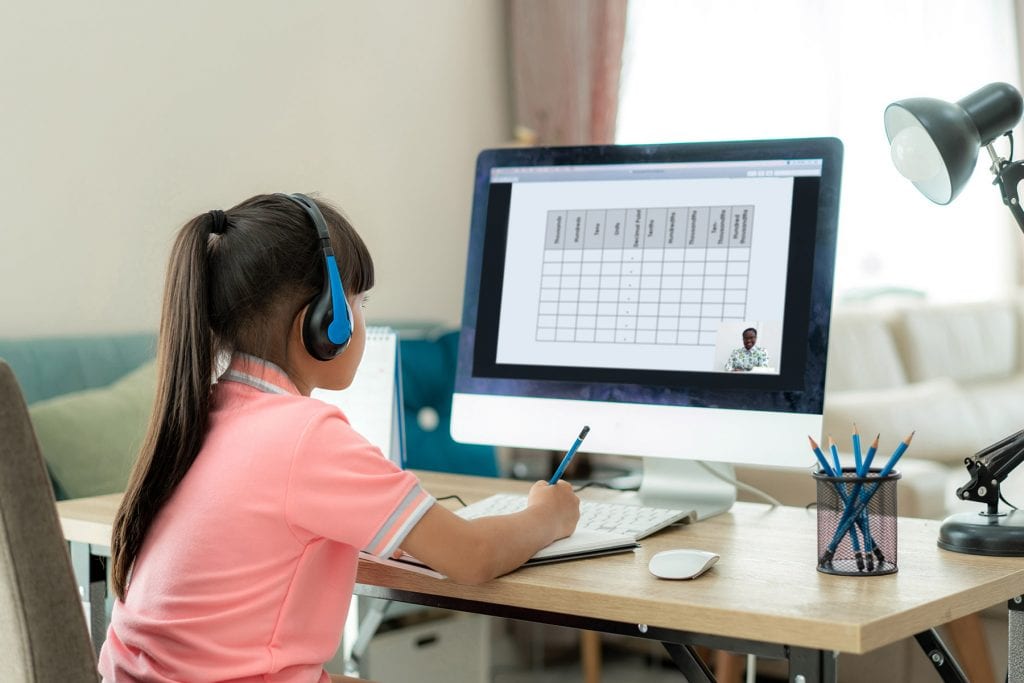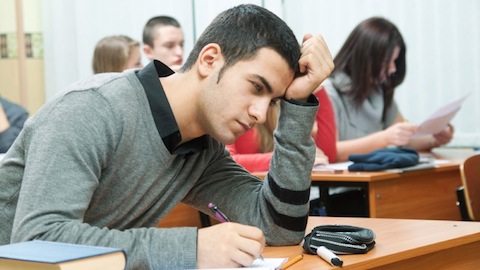To celebrate Space Day on 1st May we share some Moon-themed activities that you can do at home with children from primary age upwards.
These activities develop a range of cross-curricular skills including English, maths, science, design and technology and art.
Children are fascinated by the night sky, so there’s no better topic to fire their enthusiasm for learning.
Mission 1: Find out about the Moon
Ask your child what they would like to find out about the Moon. You could write down their questions so that they can refer back to them. They might ask: “Is there water on the Moon?” “What is the surface like?” “How hot or cold is it?” “What is the weather like?”
Together research the answers to their particular questions using books and/or the internet. Here are some possible websites and books:
Moon Facts for Kids, Cool Kids
Moon Facts for Kids, Science Kids
If You Decide to Go to the Moon by Faith McNulty
One Giant Leap by Robert Burleigh
Mission 2: Design an exercise routine for astronauts
Find out how long it takes to travel to the Moon. Discuss with your child why astronauts need to exercise during this time and how they might do so inside a rocket with limited space.
Ask your child to plan and write a 60 minute exercise programme for astronauts, dividing the time into 5 or 10 minute blocks of exercise (5 minutes of star jumps, 5 minutes jogging on the spot and so on). Your child could use a toy clock to help them to plan exercise intervals that add up to 60 minutes.
For exercise ideas watch Joe Wicks and other exercise instructors on YouTube.
Mission 3: Write a menu for astronauts
Look online to find out how astronauts eat in space. In order to write a menu for astronauts your child will need to consider that food must be non-perishable, not crumbly and so on. Your child could test a few different foods for crumbliness before they begin.
Mission 4: Make a food tray for astronauts
Due to lack of space on a rocket a food tray must be designed to fit as much food on as possible as well as taking into account weak gravity.
Provide your child with plenty of resources to choose from in order to make their tray – old cereal boxes, cellotape, glue, elastic bands, foil and recycled plastic containers such as yoghurt pots and spreadable butter containers.
Your child might decide to make a cardboard tray and create compartments by gluing on different containers or they may do something entirely different.
Mission 5: Gravity experiment
This experiment needs to be performed outside or over a container. Ask your child to put a hole in the side of a disposable cup near the bottom. They cover the hole with their thumb as you fill the cup with water. Ask them to hold the cup up high and uncover the hole observing what’s happening.
Repeat the experiment, this time dropping the cup onto the ground. Your child will notice that when they drop the cup the second time water doesn’t leak through the hole.
To see the experiment in action view the Sci Guys: Science at Home – Gravity Water Cup Drop
Mission 6: Design a Moon colony
Ask your child to tell you what they think people would need to be able to survive on the Moon (food, water, air, stronger gravity, protection from the weather and so on). Look at some artists’ drawings of Moon colonies by typing ‘moon colony’ into Google Images and ask your child what they notice about the people, buildings and other features of the environment.
Ask your child to design a Moon colony on paper labelling the different features. Before they start, they could talk to you about their ideas because this will help them to clarify their thoughts.
If your child is feeling adventurous, they might want to create their finished design in 3D. To do this they could make a paper mache lunar landscape (type ‘paper mache lunar landscape’ into a search engine for ideas) and they could make their Moon colony by taping and gluing recycled materials such as cardboard tubes, plastic containers, cereal boxes, tin foil and paper plates onto the landscape and painting them.
Would you like help to supplement your homeschooling?
All our tutors are experienced, qualified and creative teachers who believe pupil enjoyment is the key to successful learning. During these challenging times a tutor can teach your child online or set individually tailored work for them to complete with you.
Perhaps there are classmates of your child or you have a friend whose children who would also benefit from online tuition? We also offer group tuition sessions to help keep children motivated and on track.
Whatever your needs we are here to help, so please don’t hesitate to get in touch with us today at hello@tutormykids.co.uk.

